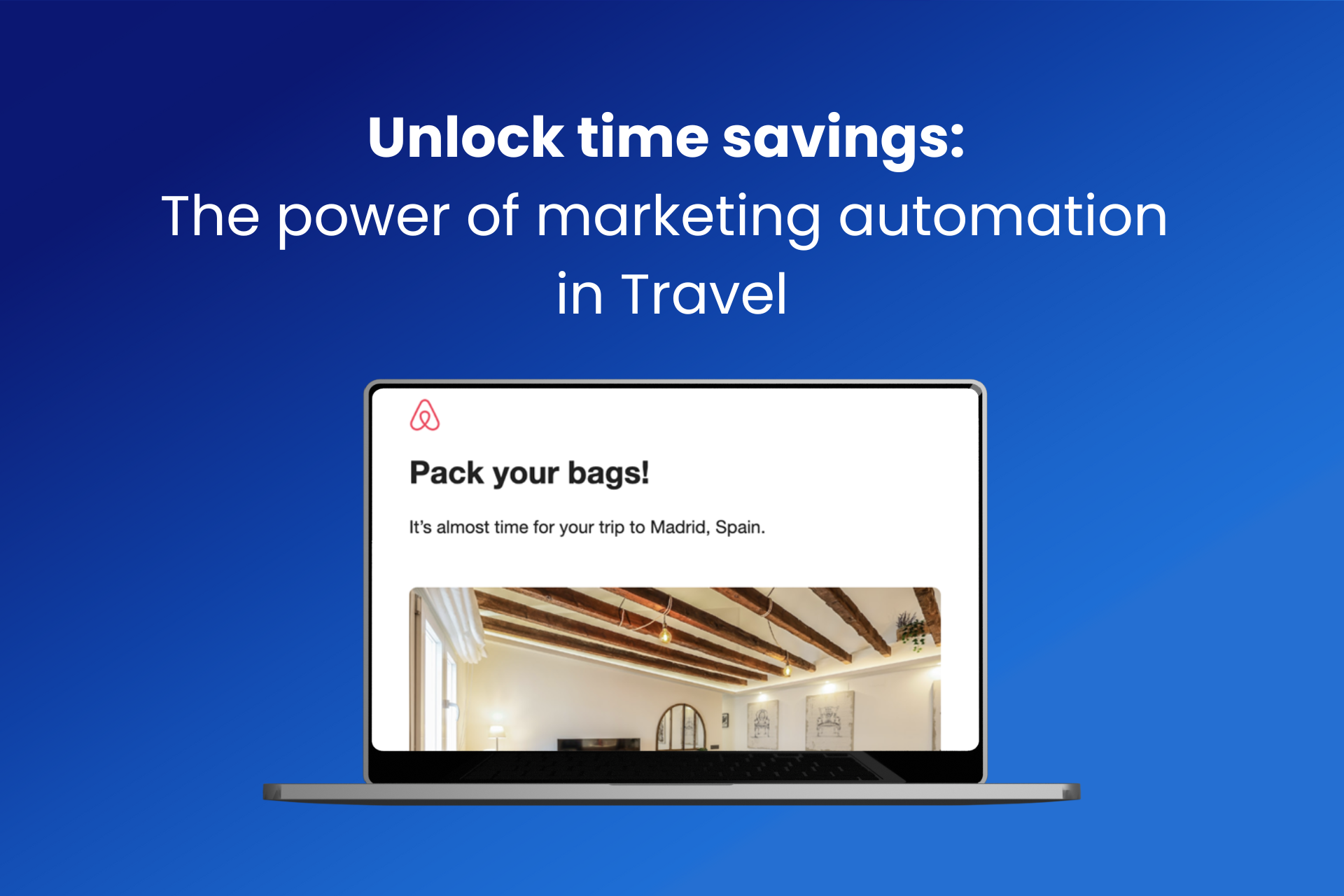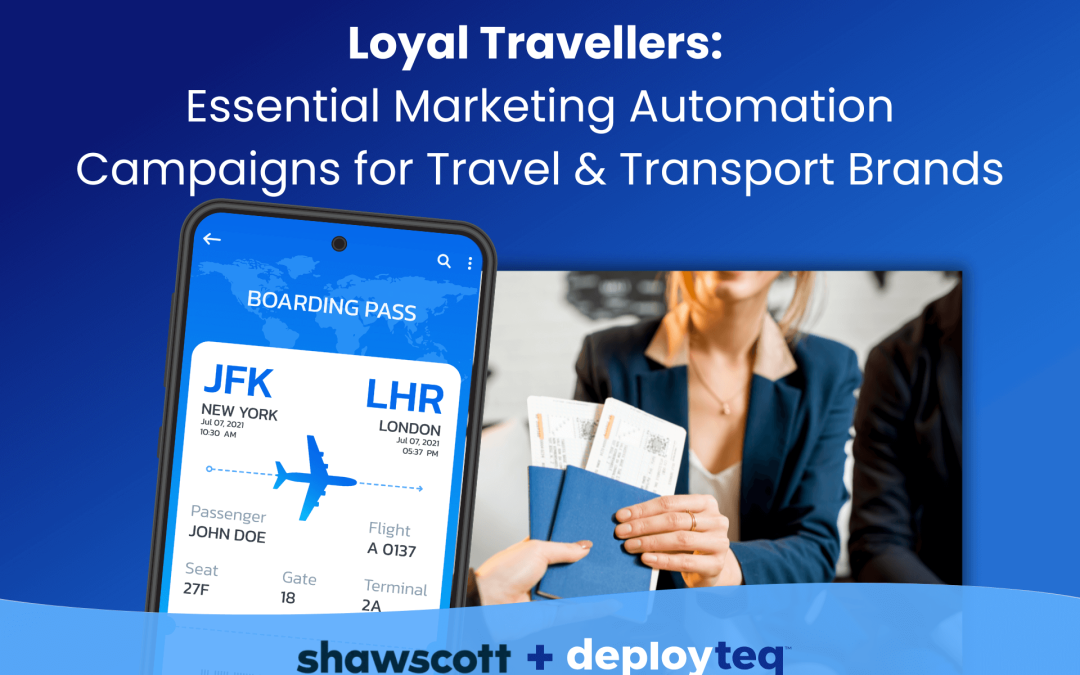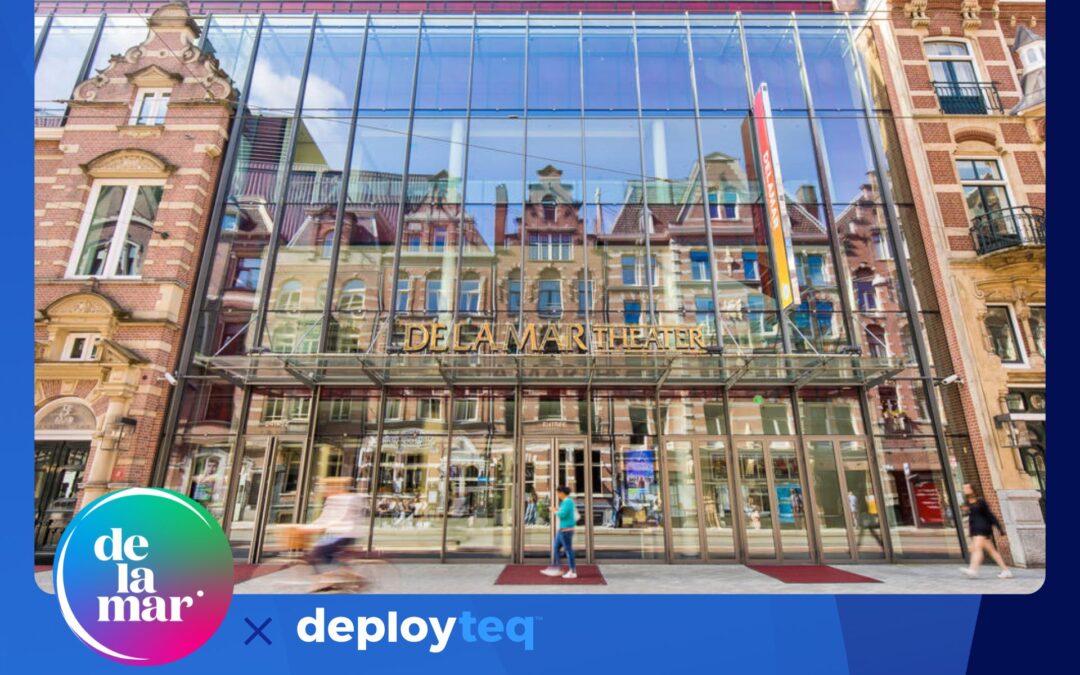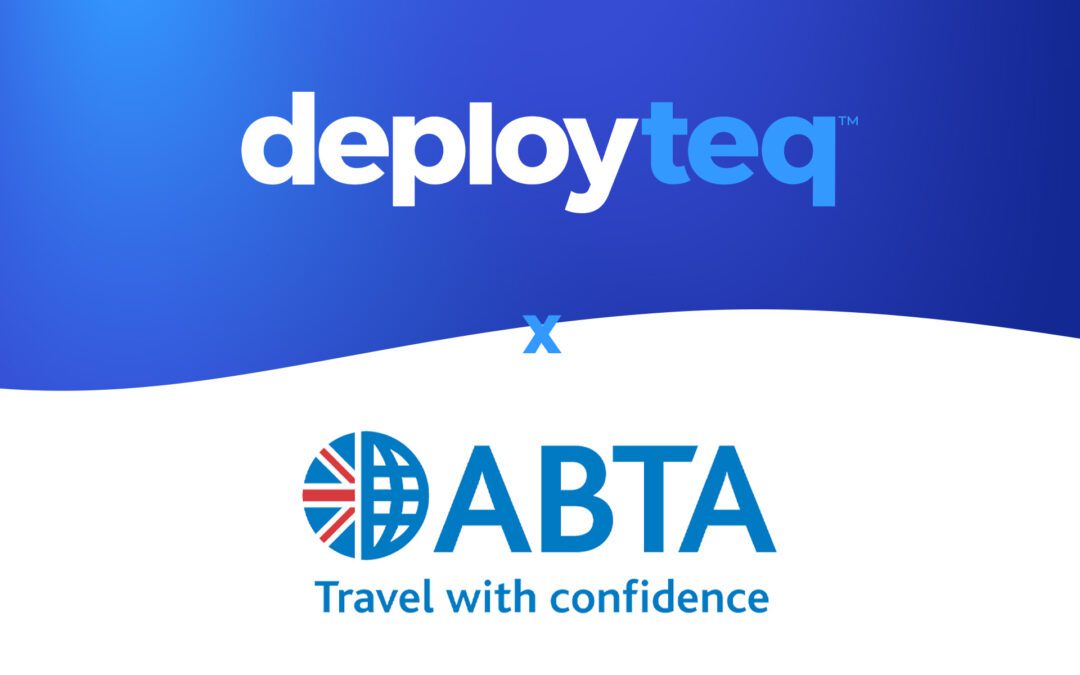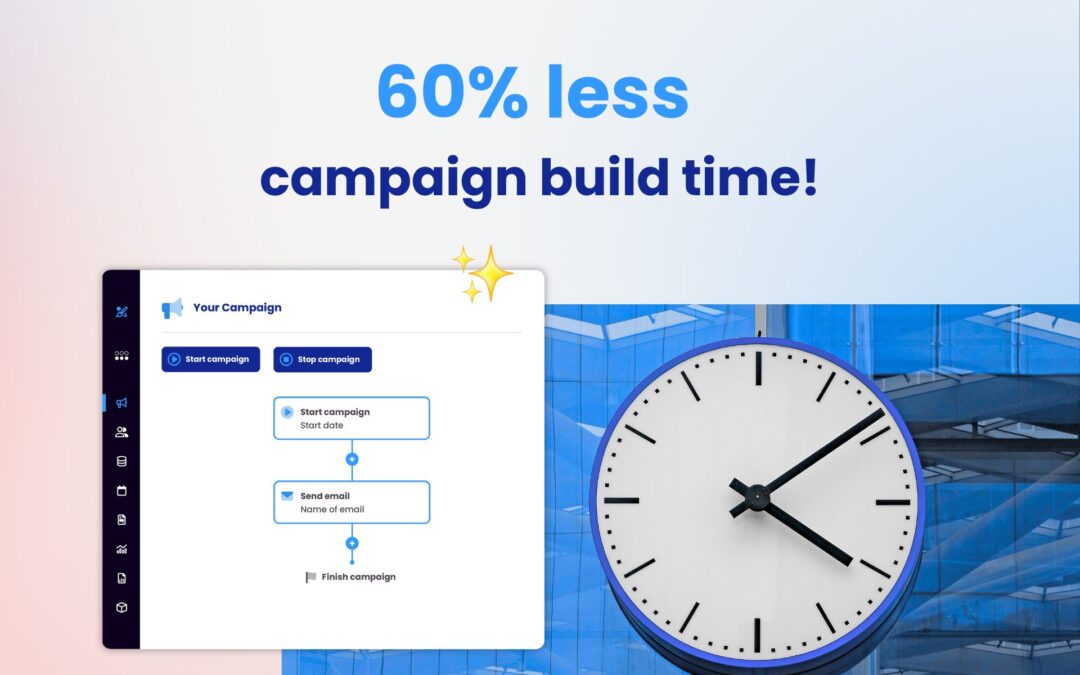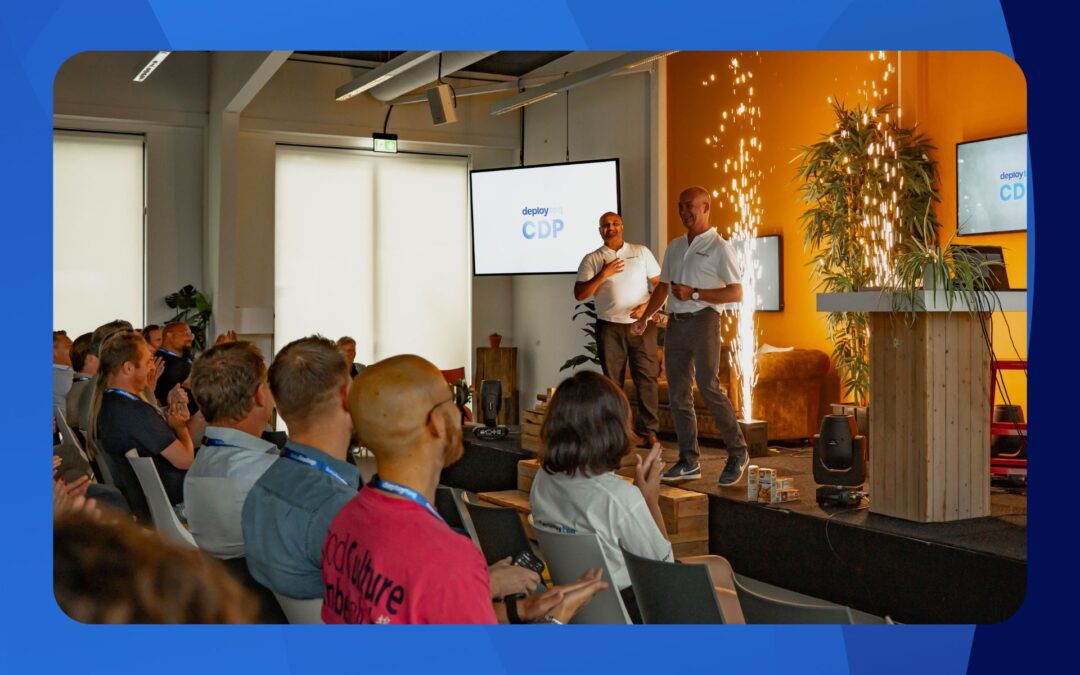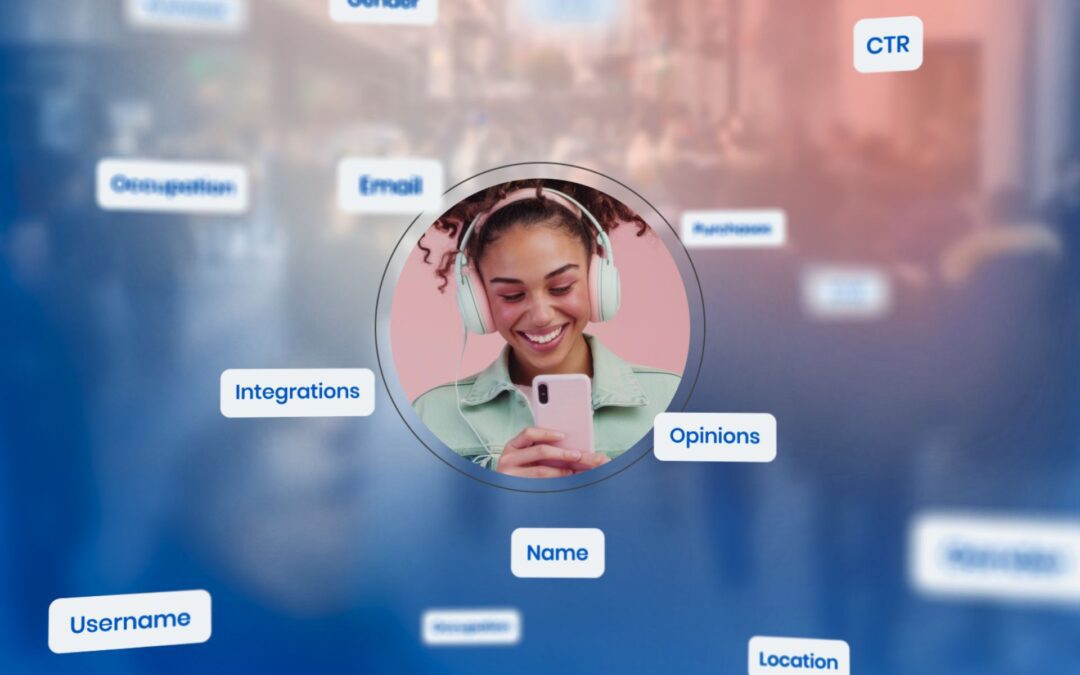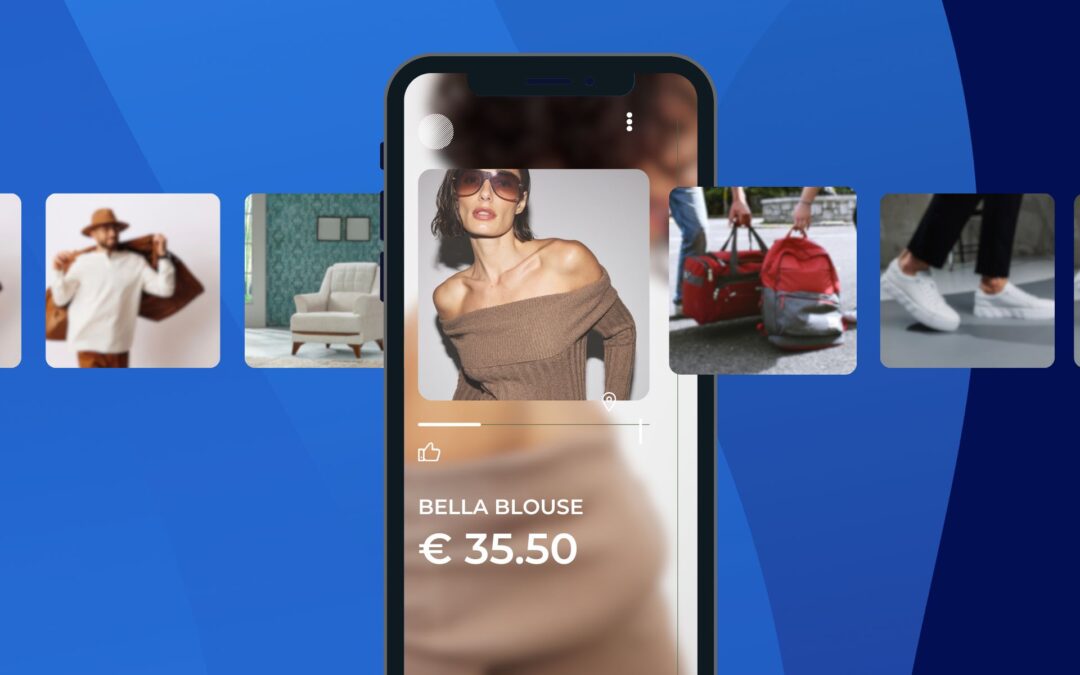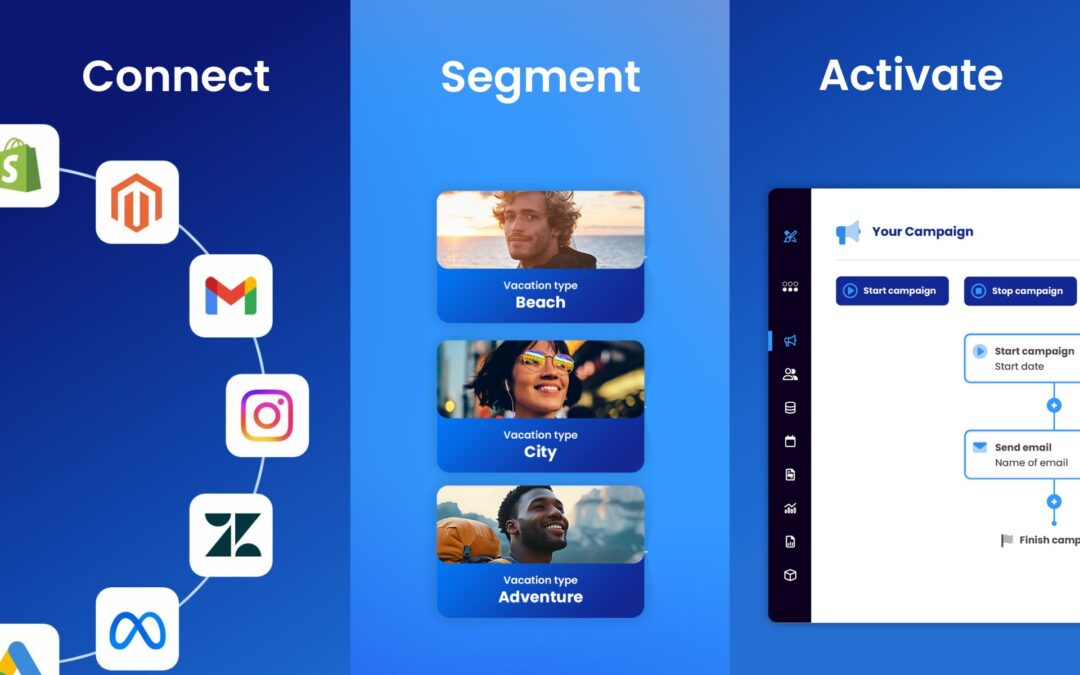In the travel industry, where efficiency is essential for keeping ahead of the increasing competition, marketing automation has become a game-changer for travel brands.
This solution helps businesses to cut down on manual tasks, simplify processes, and deliver more personalised customer experiences, all whilst saving time and resources. By moving away from manual processes and letting technology handle the heavy lifting, travel brands can focus on strategically adding value, building stronger customer relationships, and boosting revenue.
In this blog post, we’ll explore five key ways marketing automation can help travel brands save time and resources, making their operations smoother and allowing them to grow more effectively.
Reduction in manual tasks
Marketing automation’s ability to manage repetitive tasks with little human intervention is one of its most valuable features.
In travel marketing, many routine tasks, such as sending booking confirmations, welcome emails, or promotions, are essential for engagement, but are also time-consuming. Handling these processes manually not only drains time but also increases the chances of human errors and inconsistencies.

Automating these processes through workflows eliminates the need for constant manual effort. Once established, a workflow can trigger specific actions based on customer behaviour or data. For example, after a customer books a flight, an automated workflow can send a confirmation email, remind them of important travel dates, and follow up after their trip.
By automating these routine tasks, travel brands allow their marketing teams to focus on higher-priority activities. This efficiency extends across the customer journey, from initial inquiries to post-trip feedback, all without requiring ongoing, hands-on management.

Streamlined data management
In the travel industry, providing personalised experiences is key to engagement, but handling and organising large amounts of customer data can quickly become overwhelming.
Sorting this data, whether by traveller preferences, behaviours, or booking history, is key to delivering the right message to the right customer at the right time. However, achieving this manually is not only time-consuming but once again, leaves room for mistakes.
With marketing automation, this process becomes far more streamlined. These solutions automatically gather and categorise audience data, building detailed profiles based on travel history, preferences, and actions.
For example, customers who have previously booked beach destinations can be automatically grouped for beach promotions, whilst frequent business travellers can be targeted with add-on offers such as car transfers or business-class upgrades.
By automating this segmentation, travel brands can create more focused, personalised campaigns without the tedious task of manually sorting through customer lists. Additionally, since the solution continuously updates with new information, segments stay accurate and relevant, ensuring brands are always engaging customers with the most appropriate content.
Scalable engagement during growth
As travel brands expand, maintaining consistent engagement with travellers can become a time-consuming challenge, whilst manually reaching out to each customer quickly becomes impossible at scale.
Marketing automation offers the perfect solution by ensuring that traveller interactions remain timely and relevant, no matter how large an audience grows.
Automated workflows can send a range of essential communications, from pre-booking promotions and reminders, to post-trip itineraries and feedback requests. By doing so, customers receive the information they need exactly when they need it, without marketing teams having to intervene manually.
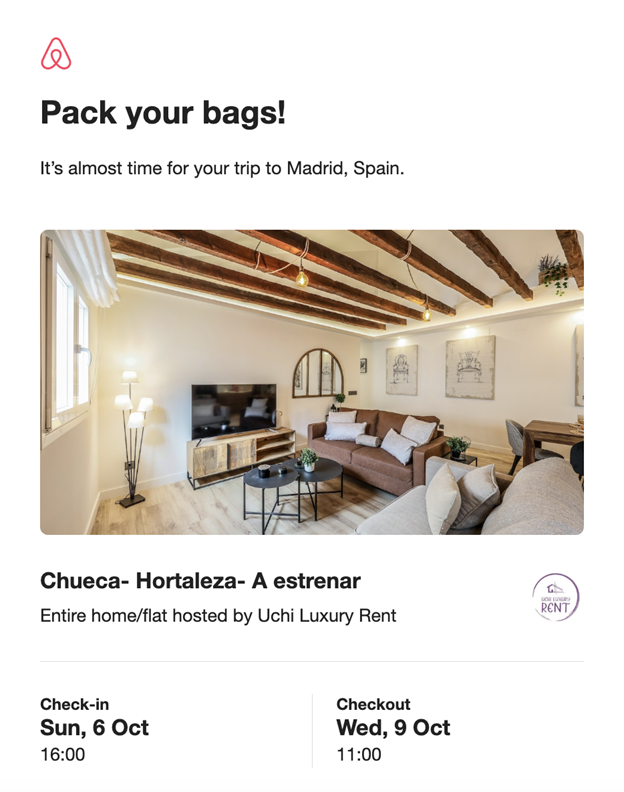
And as the customer base increases, these systems grow with the brand, maintaining a level of consistent communication that would be impossible to sustain manually.
Additionally, marketing automation guarantees consistency in both branding and messaging. By using pre-set templates and workflows, travel brands can ensure a consistent tone across all communications, helping to strengthen brand recognition. This also reduces the pressure on team members to manually craft each message, allowing them to focus on more strategic elements of their role.
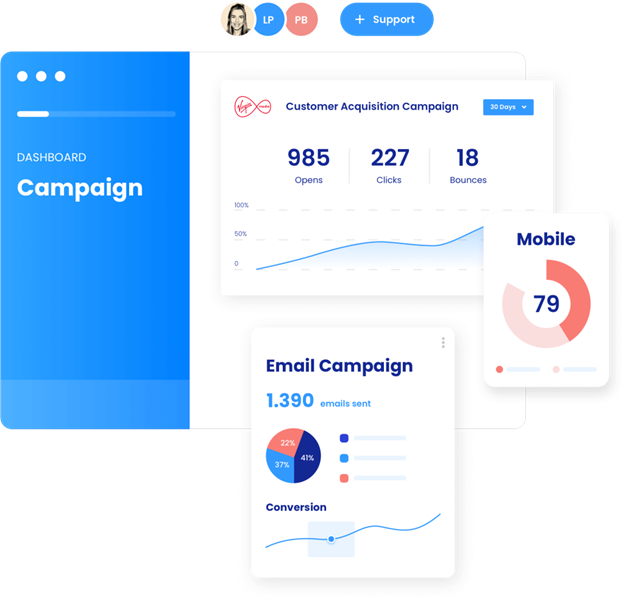
Automated testing for improved results
No matter what the industry, crafting engaging marketing isn’t always enough. Instead, campaigns need to be tested regularly to ensure they generate the best possible results.
A/B testing is ideal for comparing different campaign versions and optimising based on the results.
However, setting up these tests manually, tracking their progress, and implementing the findings can be both time-consuming and complex, particularly for travel brands that are juggling multiple campaigns across various channels.
Marketing automation takes the hassle out of testing by running experiments automatically on elements such as subject lines, send times, calls to action, copy, and imagery. The list is virtually endless! These solutions track performance in real time, testing different versions and identifying which content performs best.
Not only do these tools simplify the process of setting up and running tests, but they also speed up the analysis. Once marketing automation identifies the best-performing variation, it can adjust the campaign automatically, ensuring travel brands are always working with the most effective option. This way, marketers can fine-tune their efforts without needing constant input from the rest of their team.
Seamless integrations with internal systems
Travel brands will often require multiple internal systems, such as CRM and booking software, to ensure that all customer data is stored and managed correctly.
The data these systems hold is key to effective, accurate, and engaging marketing campaigns. However, accessing and synchronising this data manually is near impossible, and can quickly become a messy and error-prone process.
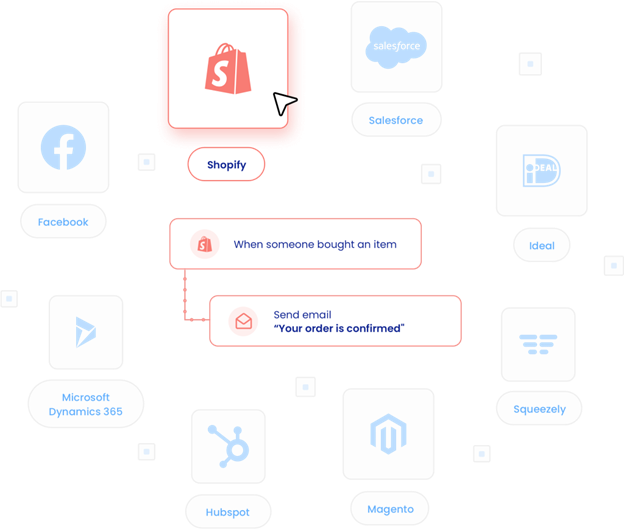
Fortunately, any good marketing automation solution will seamlessly integrate with key internal systems, cutting down on overwhelming manual processes. Instead of having separate teams manage customer data, marketing communications, and booking updates, automation brings all these processes together into one cohesive system.
So, when a customer books a trip, all the relevant details, from flights to hotel bookings, are automatically updated in the CRM. The marketing automation solution can then send out personalised emails and SMS updates, providing information about the trip, potential upgrades, and recommendations for additional services.
By automating these processes, travel brands can avoid manual data transfers and reduce the risk of errors. This integrated setup ensures that marketing, sales, and customer support teams operate more efficiently, whilst ensuring all customer interactions are consistent and up to date.
Next steps
Marketing automation is more than just a tool for sending automated emails or managing SMS campaigns. It’s a comprehensive solution that optimises every aspect of marketing efforts, from data management to customer engagement.
By automating repetitive tasks, streamlining data management, and improving campaigns, travel brands can save time, reduce manual labour, and allocate resources more effectively.
For travel brands looking for tailored marketing automation technology, Deployteq is the perfect solution. Our platform is specifically designed with the unique needs of the travel industry in mind, and we boast a team experienced in supporting travel brands, ensuring we can help you get the most out of your automation efforts.
Ready to transform the way you engage with your customers and boost your efficiency? Contact Deployteq today to learn how we can help your travel brand thrive with marketing automation.
